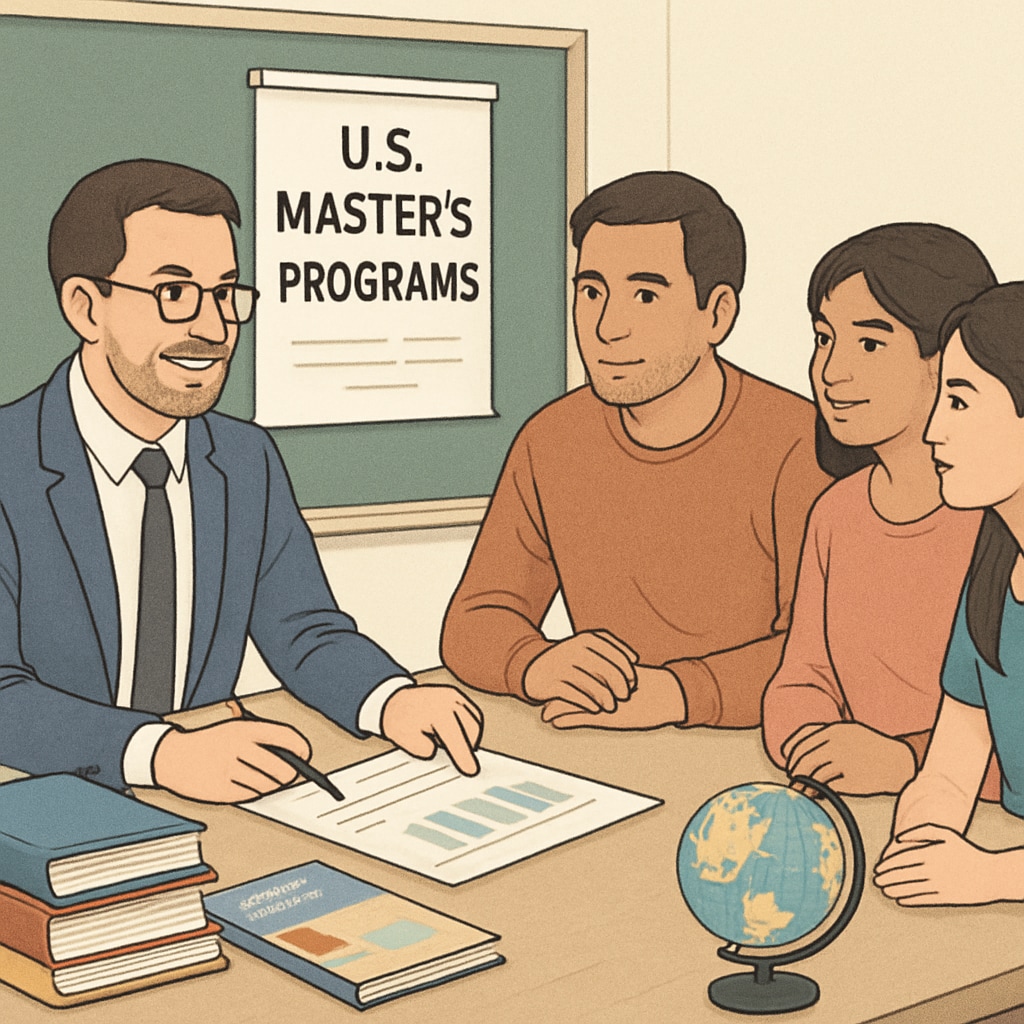For families dreaming of international education for their children, particularly U.S. master’s programs, the journey begins far earlier than the application process itself. The K12 stage is crucial for laying a strong foundation that prepares students academically, linguistically, and holistically for future study abroad opportunities. This article provides actionable strategies to help parents and students make informed decisions, ensuring that students are equipped to thrive in a competitive global academic environment.
Why the K12 Stage Matters for Study Abroad Preparation
Building a foundation for study abroad during K12 education is not only strategic but essential. Academic performance, extracurricular involvement, and the ability to adapt to diverse environments are cultivated during these formative years. For example, excelling in subjects like mathematics, science, and writing can set the stage for competitive applications to U.S. master’s programs. Similarly, strong English language skills—developed early—can ease the transition into an English-speaking academic system.

Key Components of K12 Study Abroad Preparation
To maximize future opportunities like U.S. master’s programs, K12 students should focus on several core areas:
- Academic Excellence: Consistently high grades in rigorous courses, such as Advanced Placement (AP) or International Baccalaureate (IB), demonstrate a student’s ability to handle challenging curriculum.
- Language Proficiency: Early exposure to English language training, including reading, writing, and speaking, is critical for excelling in standardized tests like TOEFL or IELTS.
- Extracurricular Activities: Leadership roles in clubs, volunteering, or participation in competitions can enhance a student’s resume and showcase their interests and abilities.
- Global Awareness: Encouraging students to learn about diverse cultures through travel, reading, or cultural exchange programs helps them adapt to international environments.
By focusing on these areas, families can ensure their children are well-prepared for the academic and social challenges of studying abroad.
How Study Abroad Consultants Can Help
While parents and students can accomplish much independently, professional study abroad consultants (or middlemen agencies) offer expertise that can be invaluable. These consultants specialize in tailoring application strategies, guiding students toward suitable programs, and ensuring that all requirements—including financial readiness—are met. For U.S. master’s programs, consultants can also provide insights into selecting the best universities based on a student’s strengths.

Common Challenges and How to Overcome Them
Preparing for study abroad is not without its hurdles. Academic pressure, language barriers, and unfamiliarity with international systems can be daunting. However, families can address these challenges with the following approaches:
- Time Management: Encourage students to balance academics, extracurriculars, and social life effectively.
- Test Preparation: Invest in reputable test preparation resources for exams like SAT, GRE, TOEFL, or IELTS.
- Financial Planning: Begin saving early and explore scholarship opportunities to reduce the cost burden.
- Professional Assistance: Collaborate with study abroad consultants to navigate complex application processes.
By addressing these challenges proactively, families can ensure a smoother path toward international education goals.
Conclusion: Start Early for Study Abroad Success
Securing admission to a U.S. master’s program is a competitive process that demands foresight and preparation. By focusing on academic excellence, developing language skills, and leveraging expert guidance from study abroad consultants, families can position their children for success. Starting early, ideally during the K12 stage, ensures that students are not only academically prepared but also personally ready to embrace the opportunities and challenges of international education.
Readability guidance: Use short paragraphs and lists to summarize key points. Incorporate transitions like “in addition” and “as a result” to maintain flow. Ensure students and families find practical and actionable advice throughout.


